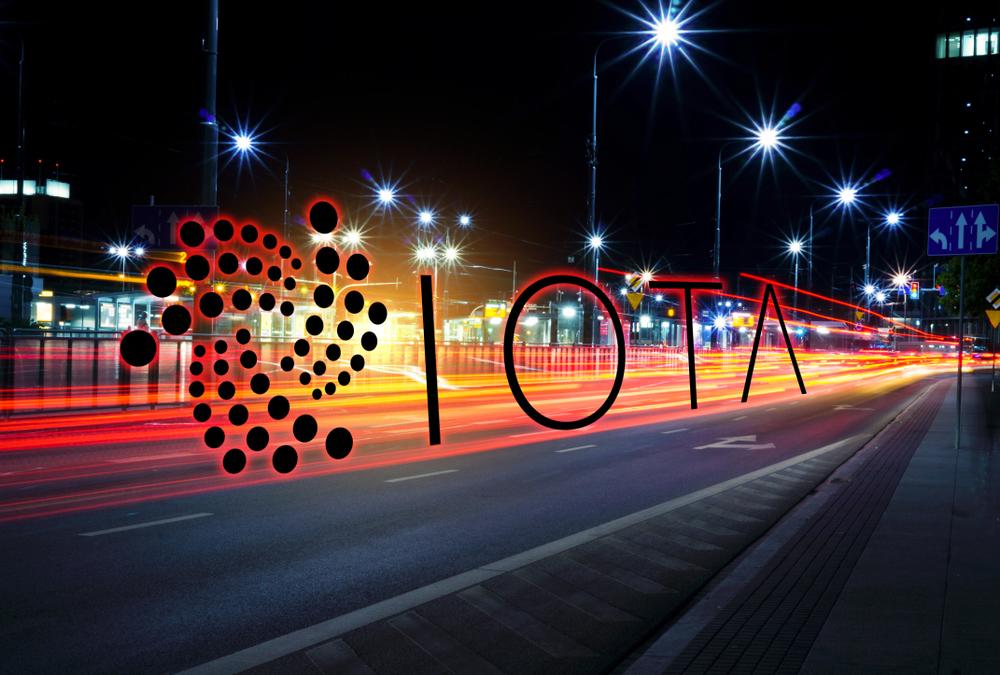- A new patent has mentioned how Distributed Ledger Technology (DLT) like IOTA can be used to facilitate road-user charging (RUC) collection.
- It also mentions some methods to transfer digital currencies collected to facility owners’ digital wallets.
Several research reports have unveiled some challenges faced by transportation organizations in the implementation of road-user charging (RUC) systems. This includes what to do with all the data, specifically, how to collect, process, and keep it all safe. In most countries, there is a huge challenge in effectively enforcing the RUC. Interestingly, a new patent has just mentioned IOTA (MIOTA) as part of the methods of collecting RUC with digital currency.
New patent mentioning @iota in relation to a method for facilitating the collecting of the Road Use Charges (RUC) using a digital currency based on a Distributed Ledger Technology (DLT) network. THE ROAD LEDGER 😎💪🏻🔥https://t.co/oUGVgrEi2b #IOTA #DLT #TANGLE pic.twitter.com/KrwiW2nGrd
— Wonderer ✨ (@Wondere12985276) July 4, 2023
It is important to note that IOTA is a Distributed Ledger Technology (DLT). Its focus is to advance the use of crypto to make lives better.
DLT is known to enable people to control their own data, trade, and own assets without any intermediary, run programs without any interruption, etc. The report on the other hand discloses how the collection of RUC can be facilitated using digital currency on a DLT network like IOTA.
The method includes facilitating road user data and facility owner data to generate user accounts on the DLT network. Other methods include:
Receiving Road User data from at least one Road User device, receiving position and distance data from at least one input device, receiving cost data from at least one Facility Owner device, analyzing data to generate a transaction(s) in the form of a policy and a smart contract, and adding the digital currency used for RUC (RUDC) corresponding to the payment alert to the digital wallet of the user, by a processing device on the DLT network.
The IOTA Patent’s Claims
The report further highlights additional methods of transferring digital currencies to facility owners’ digital wallets for the RUC. All this is done using the DLT network.
The RUC collection method includes receiving Road User digital data and Facility Owner digital data, processing the data to generate at least one Road User account to store digital assets in a digital wallet, retrieving the digital currency to a wallet, analyzing data from RUC Application, transmitting the digital currency transaction, storing at least one of the policy and the smart contract, etc.
With the installation, the RUC application is integrated with a vehicle platform or mobile device to manage the digital currency distribution. In this case, the RUC application is said to comprise “Coin Manager, Trip Manager, Trip Calculator, and Contract Manage.”
The incredible potential of IOTA has seen it providing several real-world use cases across different sectors. It can be recalled that it partnered with UK car manufacturer Jaguar Land Rover in 2019 to enable car owners to earn credits by collecting driving condition data, including potholes and traffic jams.
The redeemed credits were used to pay tolls, parking, charge electric cars, etc. IOTA is not technically a blockchain. Its DLT structure called Tangle or DAG was designed to eliminate transaction fees.
Holger Köther, IOTA’s Director of Partnerships said this about the network:
Our distributed ledger technology is perfectly suited to enable machine-to-machine payments for smart charging, parking, and tolls, in addition to creating opportunities for drivers to earn their own digital currency.




